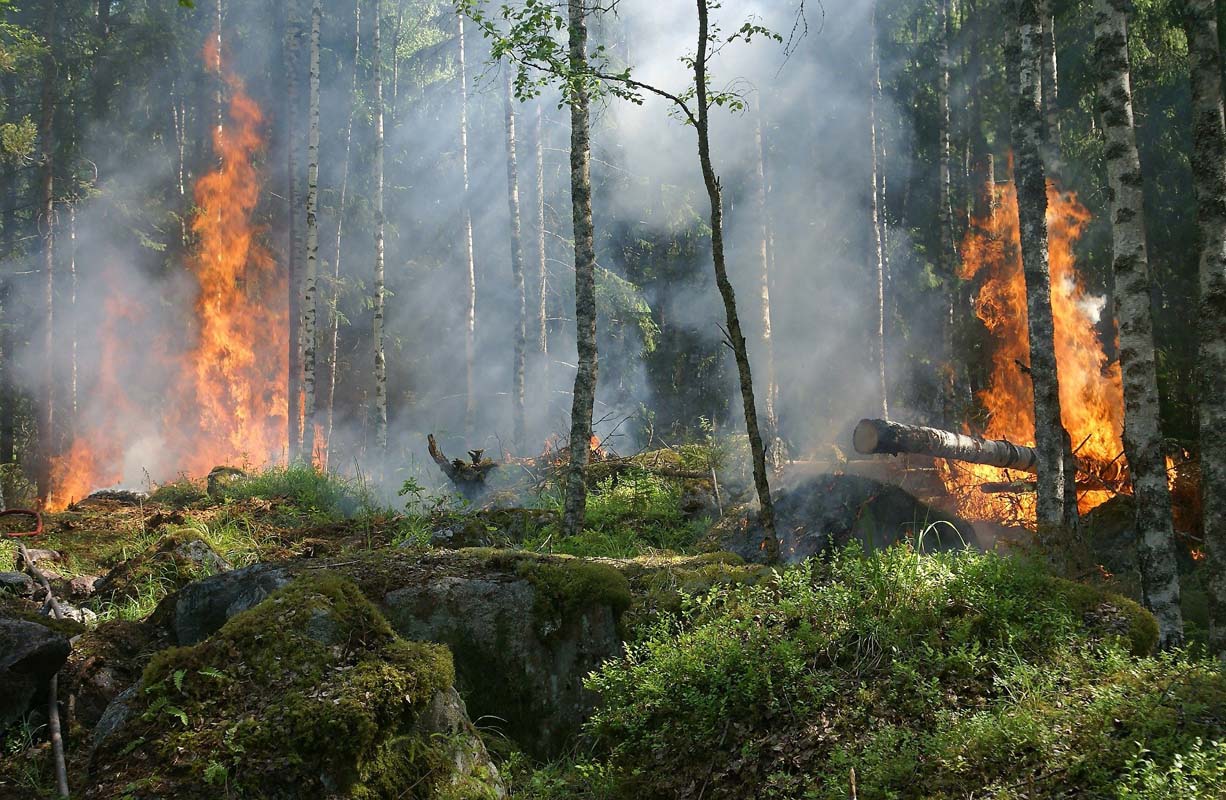
403
Sorry!!
Error! We're sorry, but the page you were looking for doesn't exist.
Amazon undergoes worst fire season in twenty years
(MENAFN) The Amazon rainforest has endured its most severe fire season in over two decades, releasing an estimated 791 million tons of carbon dioxide, according to recent reports. This marks a significant environmental concern, highlighting the shifting dynamics of carbon emissions in the region.
As stated by study published on a scientific journal, researchers found that, for the first time, carbon emissions are now primarily driven by fire-related degradation rather than deforestation, signaling a worrisome development in the rainforest’s ongoing decline. Last year alone, fires ravaged approximately 3.3 million hectares of forest, setting a new record for destruction in the region.
Experts have linked this surge to several factors, including extreme drought conditions intensified by climate change, fragmentation of forest areas, and mismanagement of land, such as deliberate burning by individuals seeking to claim territory.
To achieve unprecedented accuracy in measuring the impact of these fires, scientists employed advanced satellite technology, combining multiple datasets and filtering out false signals. This approach allowed them to track fire-driven forest degradation with far greater precision than previous methods.
The fires spread extensively, with Brazil recording historic emissions levels in 2024, while Bolivia lost more than 9% of its intact forest, endangering a key biodiversity hotspot.
Carbon emissions and related uncertainties were calculated using Monte Carlo simulations across major variables, following standards outlined by the Intergovernmental Panel on Climate Change (IPCC). These methods provide a dependable benchmark for evaluating the environmental impact of fires in tropical forests.
The study highlighted the urgent need for rapid, coordinated strategies to reduce the use of fire, strengthen forest conservation, and support local and Indigenous communities. It also underscored the importance of increasing international climate funding to address both forest degradation and deforestation.
As stated by study published on a scientific journal, researchers found that, for the first time, carbon emissions are now primarily driven by fire-related degradation rather than deforestation, signaling a worrisome development in the rainforest’s ongoing decline. Last year alone, fires ravaged approximately 3.3 million hectares of forest, setting a new record for destruction in the region.
Experts have linked this surge to several factors, including extreme drought conditions intensified by climate change, fragmentation of forest areas, and mismanagement of land, such as deliberate burning by individuals seeking to claim territory.
To achieve unprecedented accuracy in measuring the impact of these fires, scientists employed advanced satellite technology, combining multiple datasets and filtering out false signals. This approach allowed them to track fire-driven forest degradation with far greater precision than previous methods.
The fires spread extensively, with Brazil recording historic emissions levels in 2024, while Bolivia lost more than 9% of its intact forest, endangering a key biodiversity hotspot.
Carbon emissions and related uncertainties were calculated using Monte Carlo simulations across major variables, following standards outlined by the Intergovernmental Panel on Climate Change (IPCC). These methods provide a dependable benchmark for evaluating the environmental impact of fires in tropical forests.
The study highlighted the urgent need for rapid, coordinated strategies to reduce the use of fire, strengthen forest conservation, and support local and Indigenous communities. It also underscored the importance of increasing international climate funding to address both forest degradation and deforestation.

Legal Disclaimer:
MENAFN provides the
information “as is” without warranty of any kind. We do not accept
any responsibility or liability for the accuracy, content, images,
videos, licenses, completeness, legality, or reliability of the information
contained in this article. If you have any complaints or copyright
issues related to this article, kindly contact the provider above.

















Comments
No comment